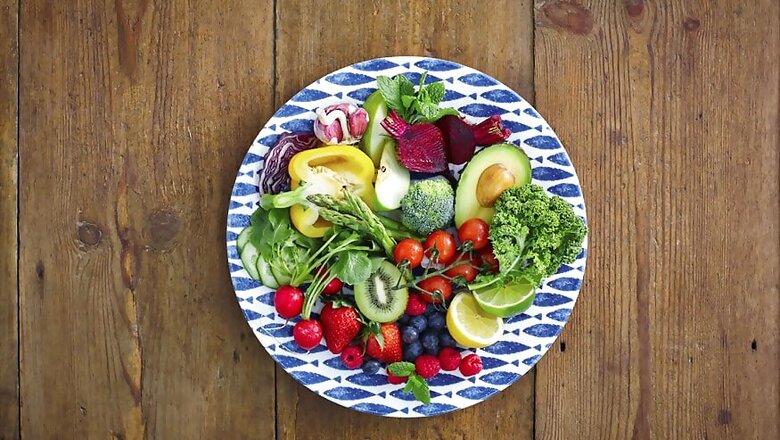
views
Patients with prostate cancer assigned to eat seven or more servings of vegetables and fruits daily saw no extra protection from the increased consumption of micronutrients, researchers have found.
Previous studies suggest that foods with high carotenoids have antioxidant properties, which can protect men from prostate cancer. Some of those foods include leafy greens, broccoli, cabbage, carrots and tomatoes.
However, the study, published in the Journal of the American Medical Association, shows that eating more produce won't cure, nor stop the disease.
"These data indicate that despite prevailing scientific and public opinion, eating more vegetables will not alter the course of prostate cancer. It will not, to the best of our knowledge, suppress or cure it," said study researcher J. Kellogg Parsons from University of California.
"However, while eating a healthy diet rich in fruits and vegetables and getting more exercise may not cure cancer, it may keep the body stronger and healthier, which may help patients tolerate cancer treatments," Parsons added.
For The Men's Eating and Living (MEAL) study, researchers enrolled 478 men aged 50 to 80 years at 91 sites in the US.
The patients had been diagnosed with early-stage prostate adenocarcinoma and enrolled in an active surveillance programme in which patients defer immediate treatment until the disease advances.
Patients were randomised to a control group that received written information about diet and prostate cancer or to a telephone counselling behavioural intervention programme that encouraged participants to eat foods high in carotenoids, such as leafy greens, carrots and tomatoes, and cruciferous vegetables such as broccoli and cabbage. Both groups were monitored for two years.
Patients assigned to the intervention increased their intake of fruits and vegetables to a statistically significant degree, and significantly more than what control patients did.
These findings were supported by significant changes in the blood carotenoid levels of the patients.
"Nonetheless, these data fail to support prevailing assertions in clinical guidelines and the popular media that diets high in micronutrient-rich vegetables improve cancer-specific outcomes among prostate cancer survivors," said study researcher James Marshall.
According to the researchers, scientific studies have identified a strong role for changing diet to improve outcomes in diabetes and cardiovascular disease, but not in cancer.
Although the MEAL study revealed no positive impact on prostate cancer, it did demonstrate that behavioural modification can lead patients to make healthier food choices.
Follow @News18Lifestyle for more



















Comments
0 comment